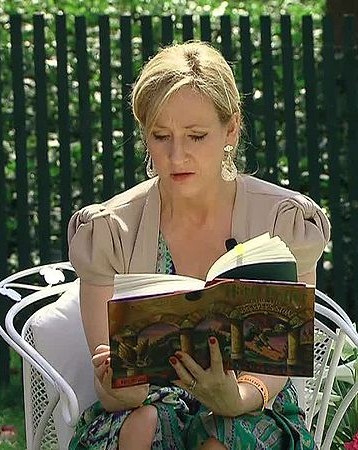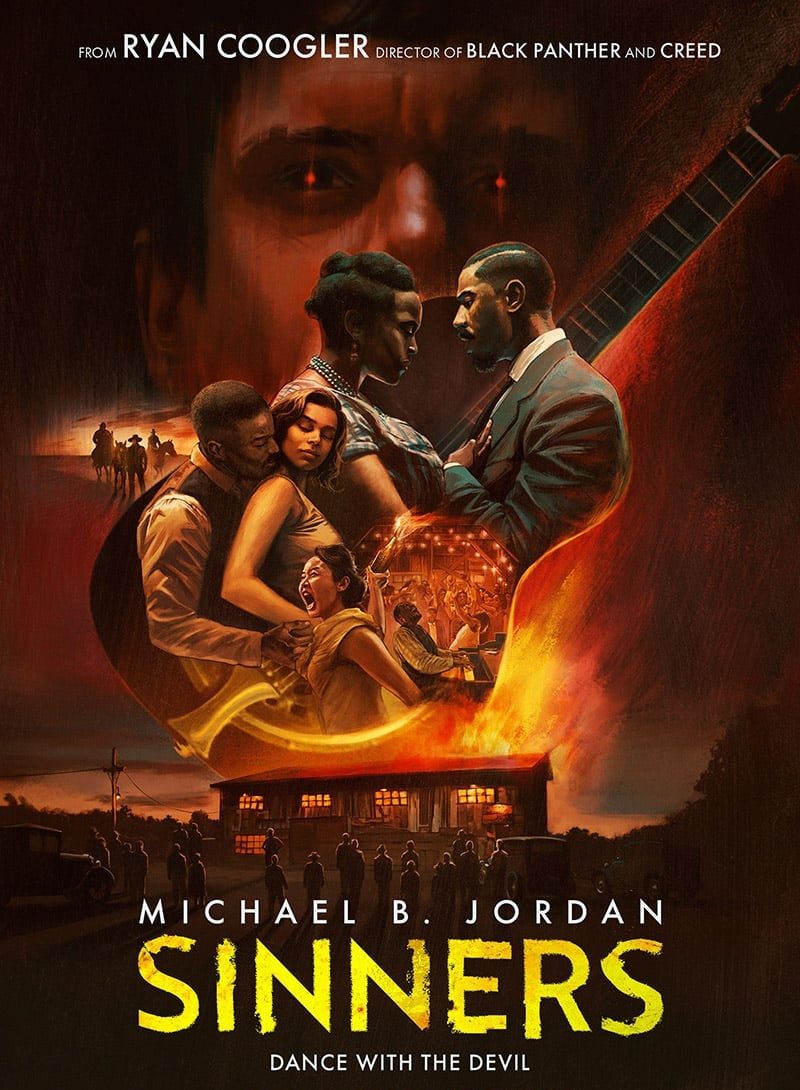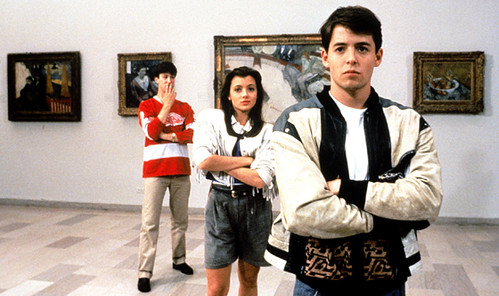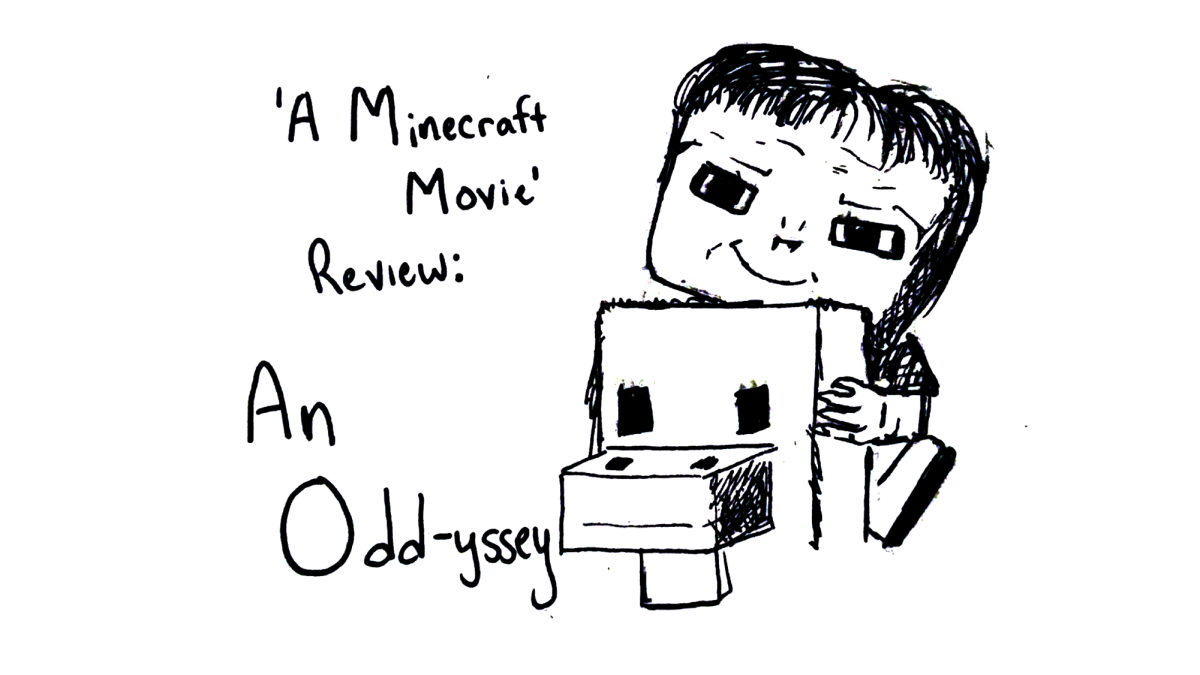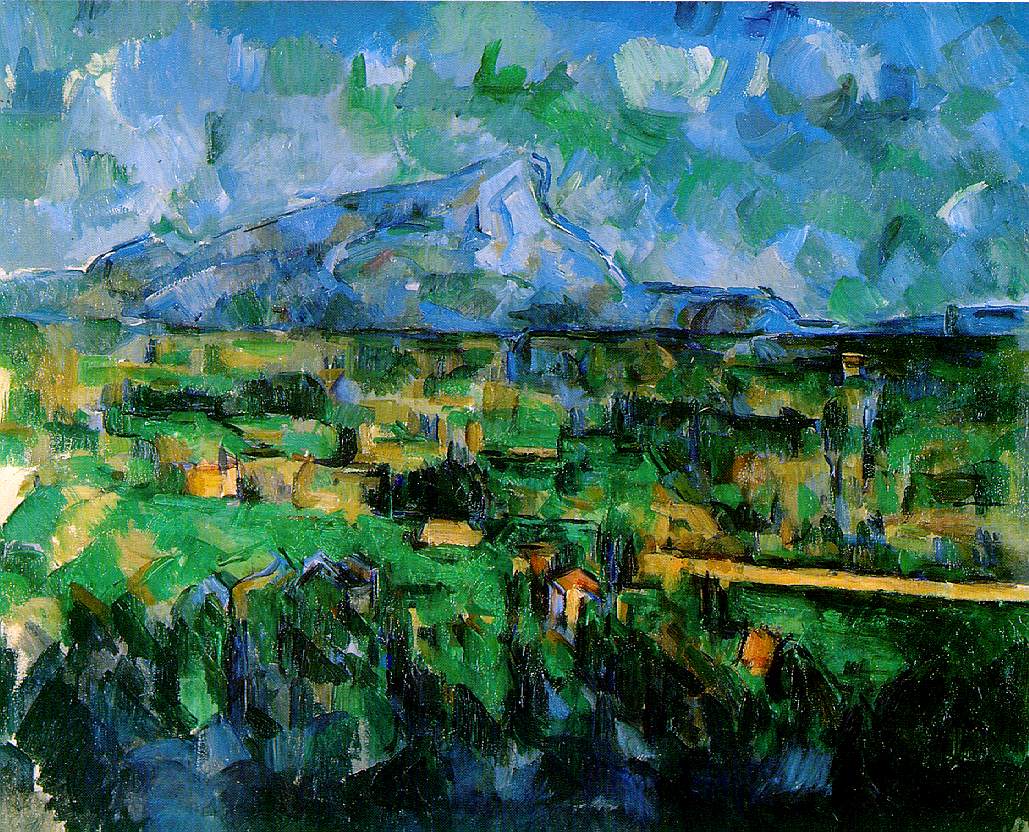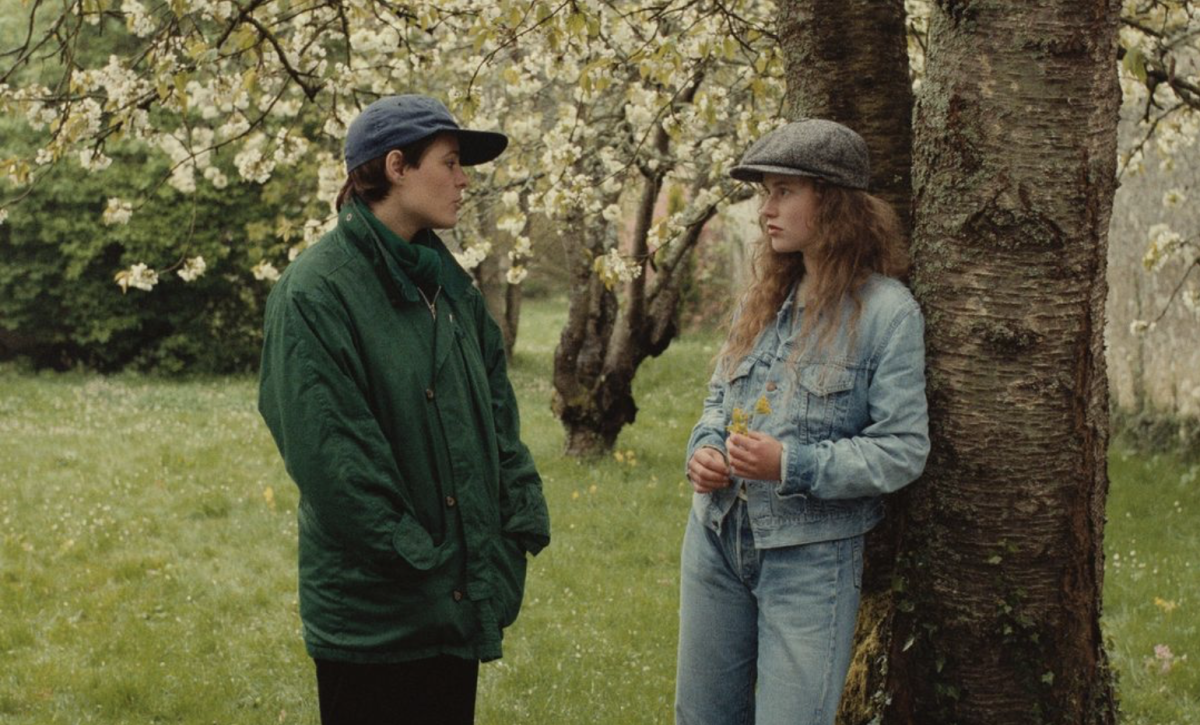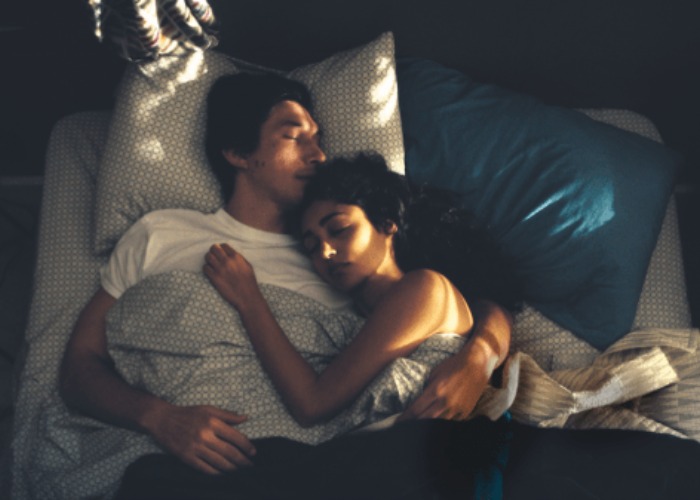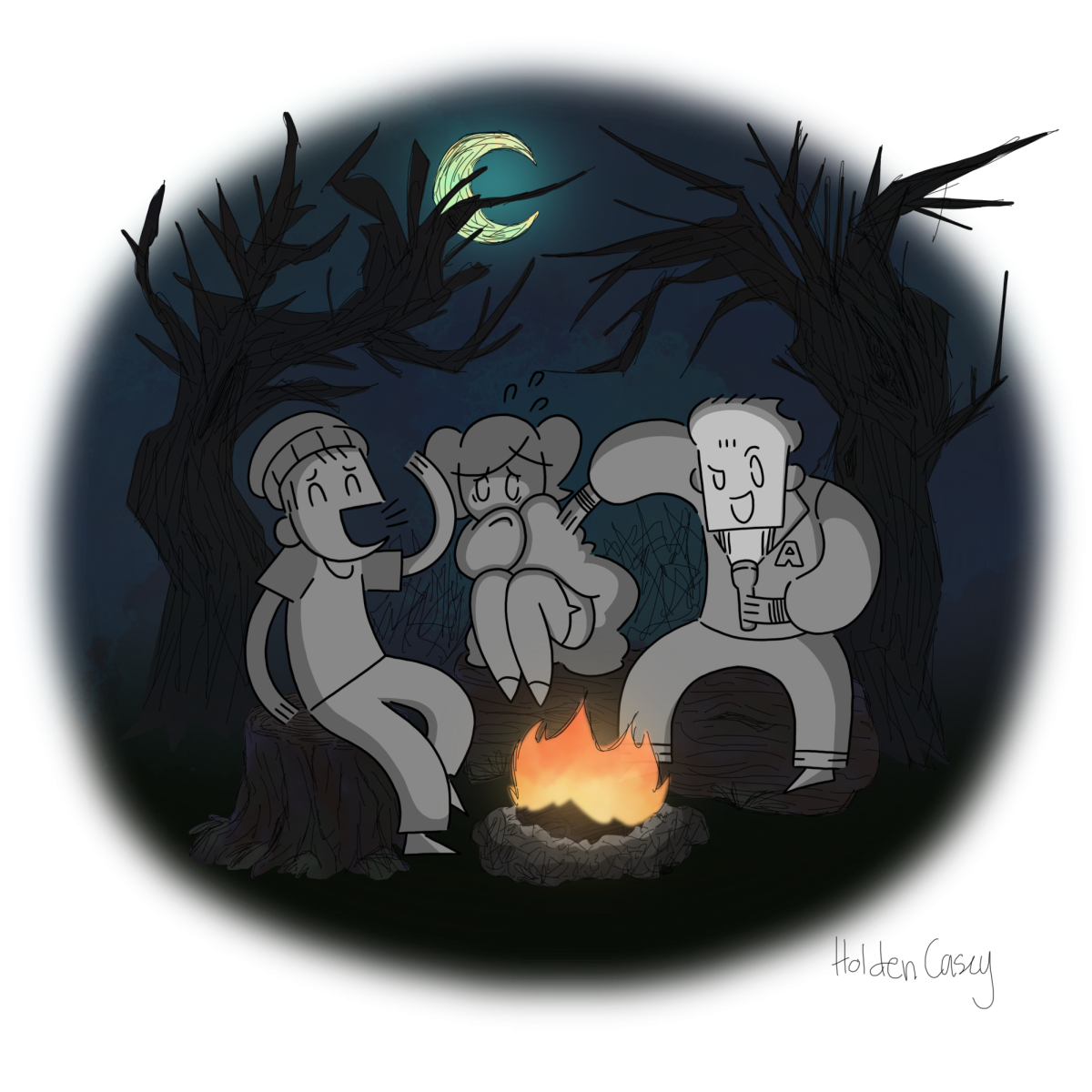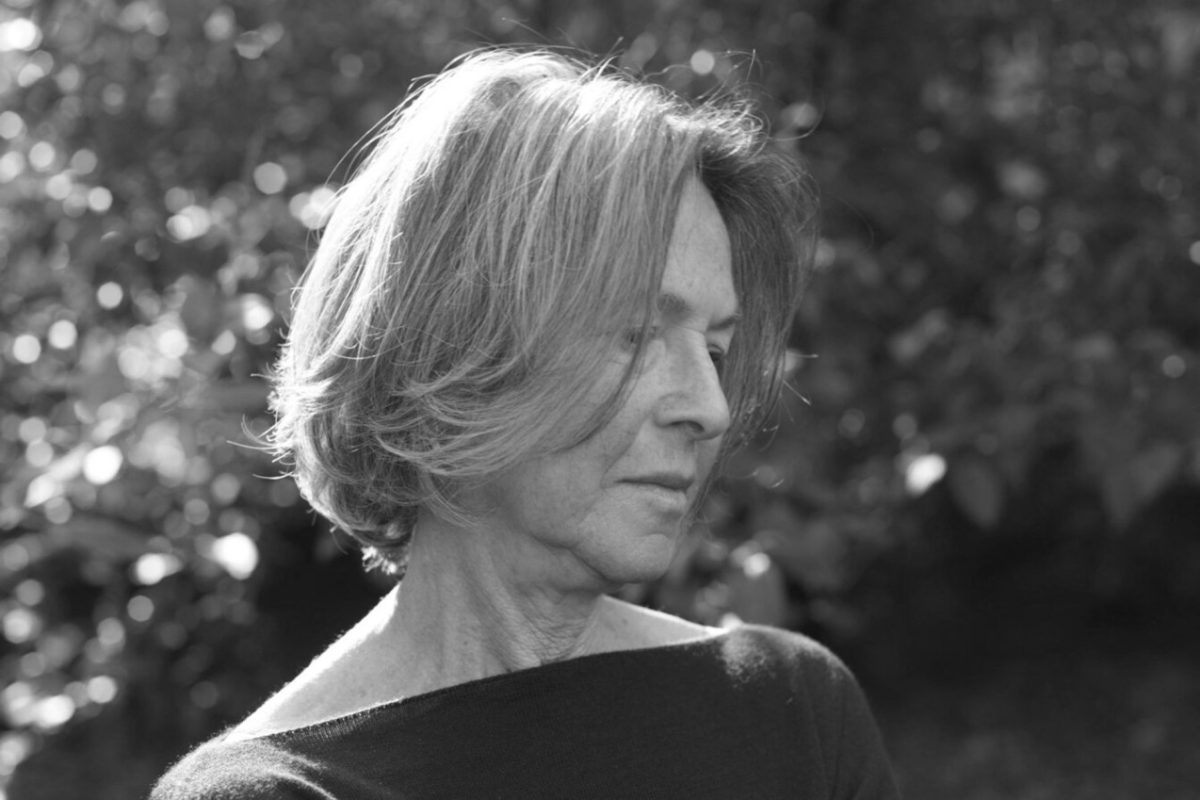It is important for authors to connect with their readers, as seen through book conferences, literary events, and online communities. In this field, writers work hard to produce their art in hopes that it will be read by readers everywhere. When a writer sends their book out into the world, it seems that they also share a part of themselves that can never be confidentially confined again. Writers have responded in remarkably different ways after their works are published.
After the story has reached the audience most writers tend to leave the open-ended plot twists, character developments, and cliff-hangers up for discussion on the reader’s end. There are authors, however, that regularly add to or alter the story even after its publication. JK Rowling, author of the “Harry Potter” series and creator of the iconic Wizarding World, has consistently announced updates regarding the series. She has used social media platforms such as Twitter to convey to her readers the modern changes she makes, which it seems she creates on a whim and does not originally include in the series. These modern adjustments include favored character Dumbledore being gay; heroine Hermione not intended to be perceived as white, but a black female character; and how the “t” is silent in the name ‘Voldemort.’ Also, Rowling annually sends out a brief apology regarding the death of different characters that occur throughout the series. While these modern themes seem timely and progressive to instill into characters and share with fans now, it makes readers contemplate the legitimacy in these announcements and wonder why Rowling did not implement these ideas into the series back when the books were first published.
Canon: brown eyes, frizzy hair and very clever. White skin was never specified. Rowling loves black Hermione 😘 https://t.co/5fKX4InjTH
— J.K. Rowling (@jk_rowling) December 21, 2015
OK, here it is. Please don’t start flame wars over it, but this year I’d like to apologise for killing (whispers)… Snape. *runs for cover*
— J.K. Rowling (@jk_rowling) May 2, 2017
Once again, it’s the anniversary of the Battle of Hogwarts so, as promised, I shall apologise for a death. This year: Remus Lupin.
— J.K. Rowling (@jk_rowling) May 2, 2016
Harry Potter fans have expressed passionate and distinct opinions regarding Rowling’s tweets. Some fans believe she should let go of the Harry Potter world, while some remain very interested in learning the hidden details of the magical story they have come to love. University English Adjunct Professor, Erin Cox, stated that, “If a writer continues sharing their world after the book is already out, I as a reader would listen to it, let it change my perspective, and decide whether or not I like it.”
Readers of other books and series have voiced that they would like it if the author included more outside details about their already-published work. University junior, Jayme Mika, said that she would have loved to see more author involvement years ago while reading “The Hunger Games” series by Suzanne Collins. Mika stated, “I think learning about the world outside of the published story would have been cool because it would be a way for the series to stay alive after the books and movies were out.” Screen adaptations and fandom involvement seems to shed light onto what the author visualized throughout the creative writing process and even formulates it own alterations to the story. Hermione, as per the “Harry Potter” example, is portrayed by a white actress, which contrasts Rowling’s latest statement regarding the character.
Authors can be at the center of communication in their written work. The readers are on the receiving end, which usually brings forth strong opinions and good discussion. While some readers find this concept baffling, other readers know that authors do have ultimate rights over their work and can expand their world to readers as they see fit.
